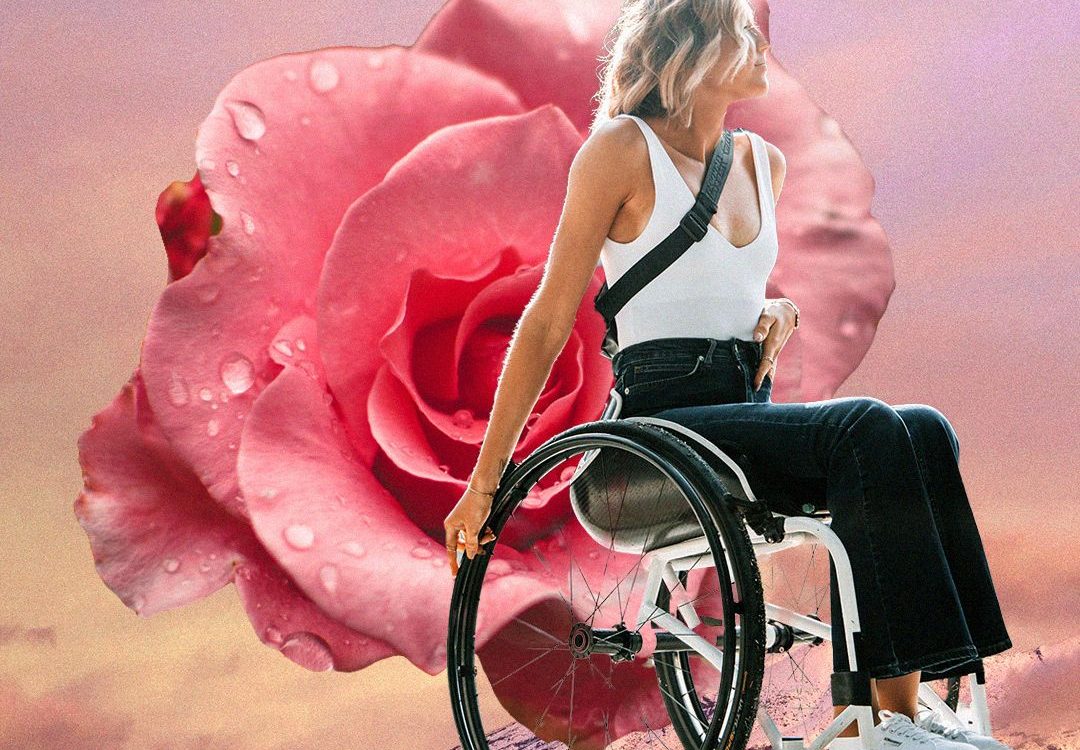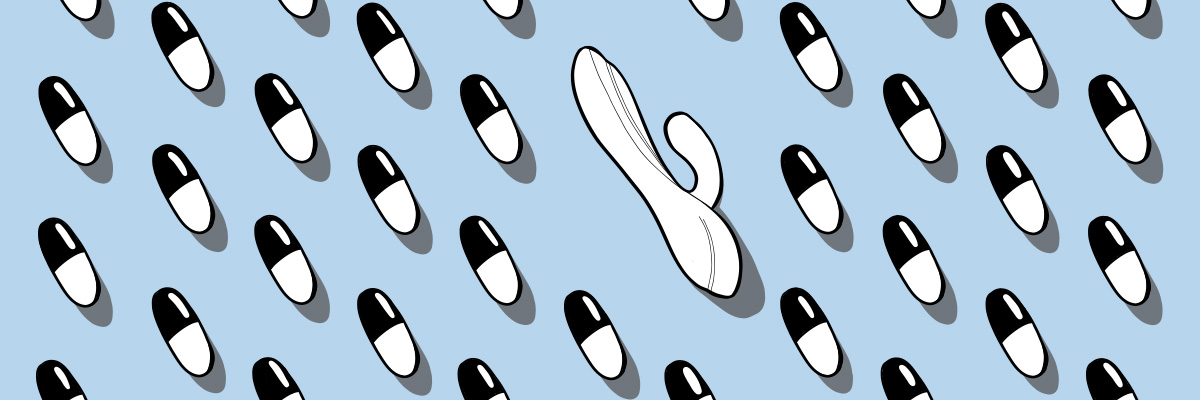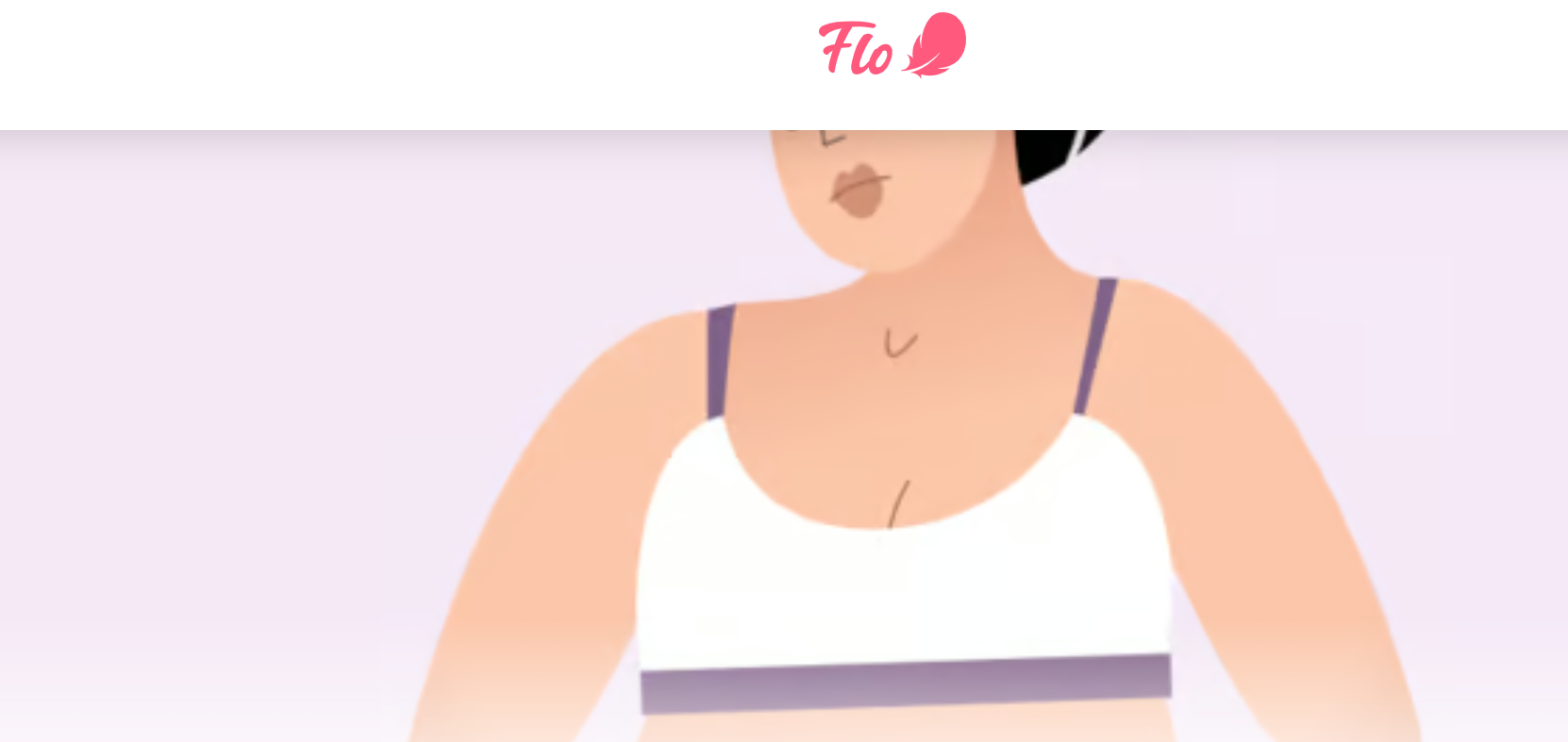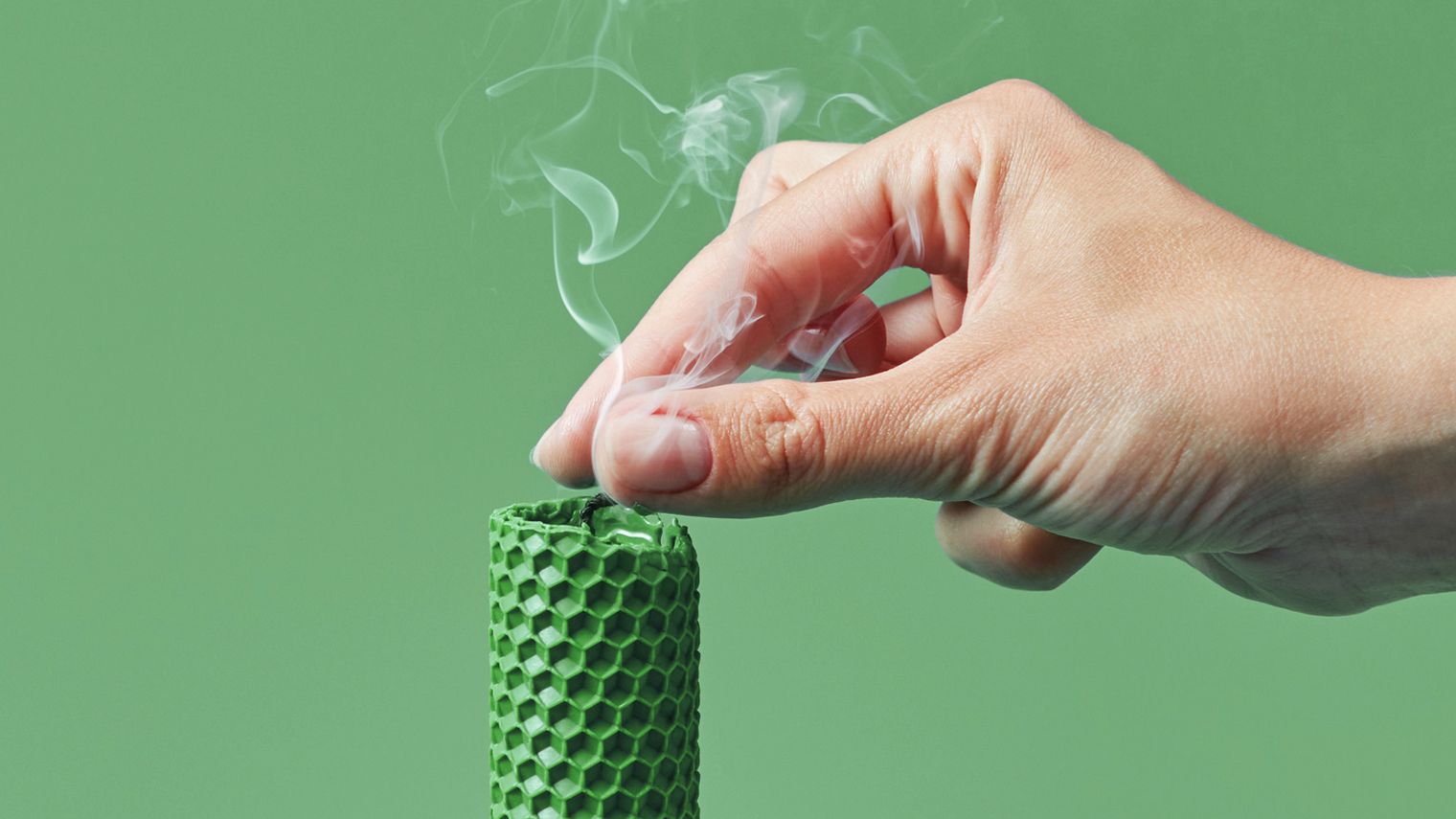A new study has revealed that bisexual women are four times more likely than heterosexual people to have long-term physical and mental health problems.
The stereotype of the chronically ill bisexual has long been laughed about between LGBTQ+ disabled friends, and now there’s clear evidence that bisexual people – particularly women – are more likely to experience long-term health issues, the question that remains is, why?










